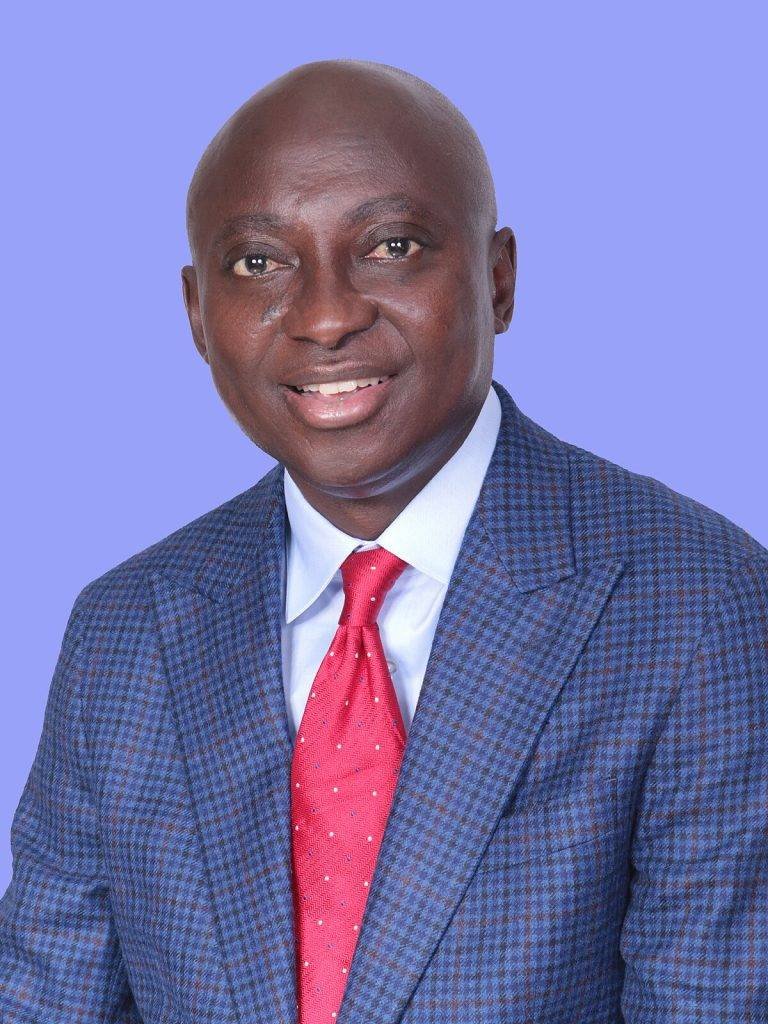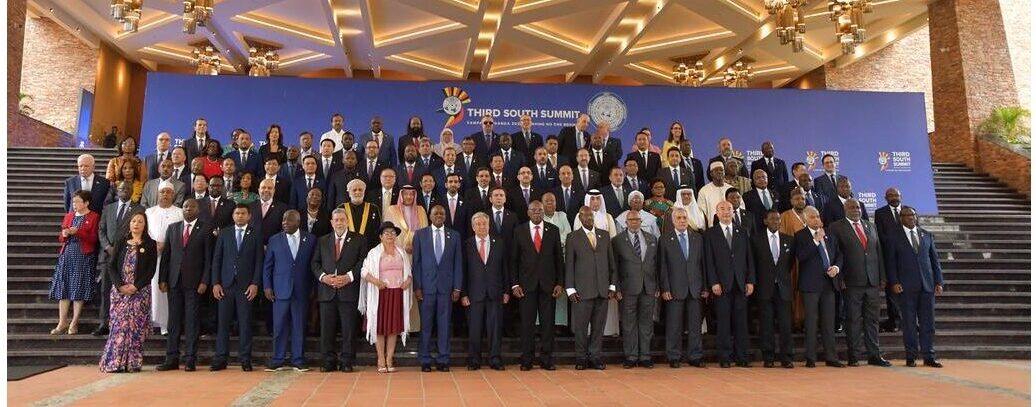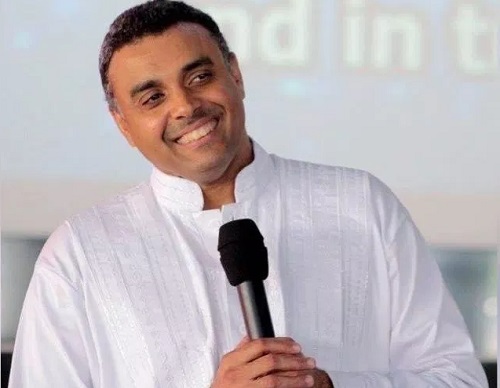
London, Mar. 25, GNA – The huge disruption caused by the coronavirus crisis has highlighted how much modern society depends on electricity, the Executive Director of the International Energy Agency (IEA), Dr Fatih Birol, has said.
In a commentary on the COVID-19 pandemic, he wrote: “Millions of people are now confined to their homes, resorting to teleworking to do their jobs, e-commerce sites to do their shopping, and streaming video platforms to find entertainment.
“A reliable electricity supply underpins all of these services, as well as powering the devices most of us take for granted such as fridges, washing machines and light bulbs.”
He noted the importance of electricity in many countries for operating ventilators and other medical equipment in hospitals “treating the soaring numbers of sick people”.
He said electricity also ensured the timely communication of important information between governments and citizens, and between doctors and patients.
“These services shouldn’t be taken for granted.
“In Africa, hundreds of millions of people live without any access to electricity, making them far more vulnerable to disease and other dangers,” Dr Birol added.
Over 600 million people on the continent are without electricity, according to official figures.
“The coronavirus crisis reminds us of electricity’s indispensable role in our lives,” Dr Birol said.
“It’s also providing insights into how that role is set to expand and evolve in the years and decades ahead.”
He pointed out that society today was greatly reliant on digital technology “to get on with day-to-day life, whose energy use is increasingly in the form of electricity, and where the power supply is more dependent than ever on wind and solar”.
“In such a society, electricity security is the foundation of prosperity and stability – but ensuring that security requires action from governments,” Dr Birol said.
“Despite the increasing use of digital technologies in electricity systems, the coronavirus crisis has also reminded us of the essential role of skilled personnel.
“Network maintenance and repair is labour intensive and has to be done on site by workers and engineers.
“In most countries, governments have exempted network repair teams from the lockdowns. “Organisations need to ensure staff members remain safe as they carry out their critical work. “A key lesson of the current crisis is to make sure that electricity systems have sufficient resources not just of physical assets but also human capital,” Dr Birol added.
He said that in countries where factories and businesses had halted operations, available data showed electricity demand had dropped by 15 per cent.
“In this way, the recent drop in electricity demand fast forwarded some power systems 10 years into the future, suddenly giving them levels of wind and solar power that they wouldn’t have had otherwise without another decade of investment in renewables.
“This is an important moment for our understanding of cleaner electricity systems, including some of the operational challenges that policy makers and regulators need to address to ensure electricity security,” Dr Birol added.
“With weaker electricity demand, power generation capacity is abundant.
“However, electricity system operators have to constantly balance demand and supply in real time.
“People typically think of power outages as happening when demand overwhelms supply.
“But in fact, some of the most high-profile blackouts in recent times took place during periods of low demand,” Dr Birol noted.
GNA
Read Full Story























Facebook
Twitter
Pinterest
Instagram
Google+
YouTube
LinkedIn
RSS